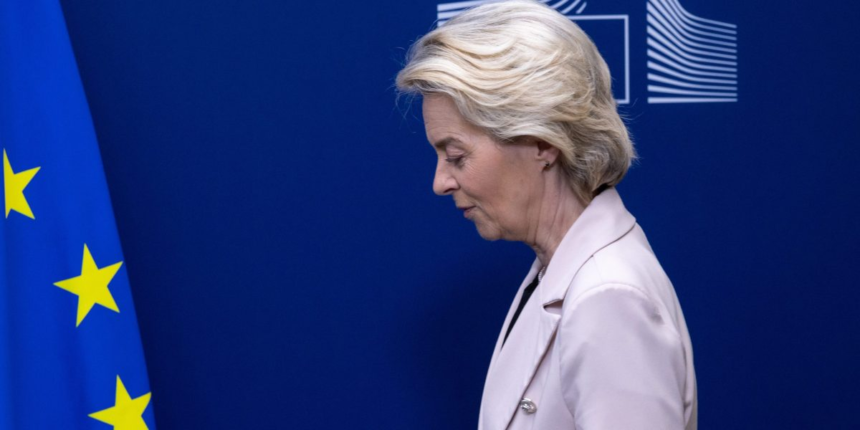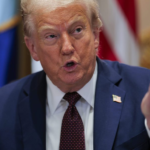Good morning from Geneva. For years, European policymakers and business leaders have been fretting about what the right response is to the rising economic competition from the United States and China. Last week, the answer became clear: Europe intends to return to corporatism, meaning a closer alignment between business groups and government.
At a meeting in Brussels last week, facilitated by the World Economic Forum (where I worked from 2014 to 2022), several dozens of CEOs of Fortune 500 Europe companies met with European Commission President Ursula von der Leyen and four of her deputies. They held an open-ended discussion that touched on simplifying and delaying ESG rules, recasting clean energy as a matter of European independence, crafting an industrial AI strategy to compete with the US, and creating a single regime for companies to operate all over Europe.
It was also agreed that the exchange between big business and the European Commission would be repeated every six months, marking a turning point from the past.
The point of these exchanges is clear: to prop up the competitiveness of European multinationals, which have been sliding down Fortune’s Global 500 list for over a decade.
But changing tack on competition and antitrust, where Europe has historically been aggressive, was another element both sides now seem to agree on.
“Our strategy on antitrust has changed somewhat,” Stéphane Séjourné, the European Commission Executive Vice President in charge of Industrial Strategy, told me. “The Commission now considers our tech companies in relation to international competition, not just internal European competition. […] So that means encouraging mergers where possible in certain sectors, to give companies sufficient size to compete globally.”
But for all the enthusiasm, European corporatism is only in its beginning stages, with a lot of listening and educating still needed to achieve a true alignment. Klein told me one his repeated messages to the Commission last week was to let go of fetishes such as competing with the US on the “giga factories” and chips needed for generative AI. “That train has left the station,” he told me. Instead, he noted, Europe should focus on industrial AI. “We have industry data. This train hasn’t left the station.”—Peter Vanham









